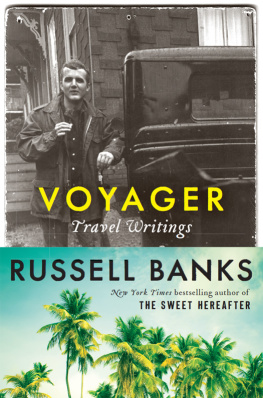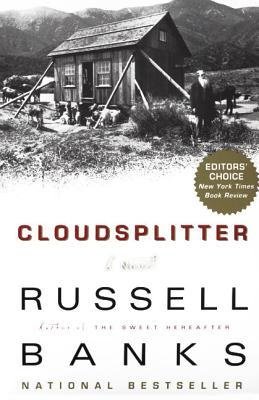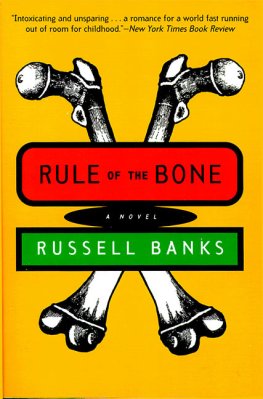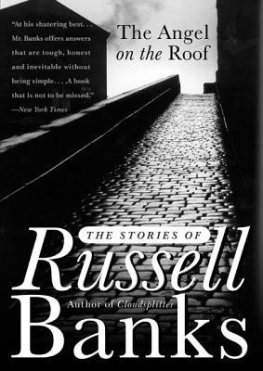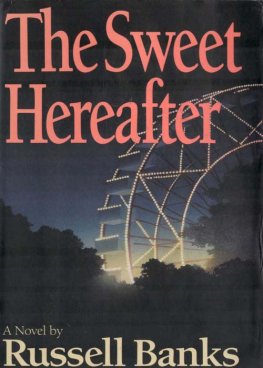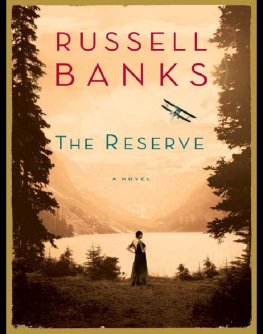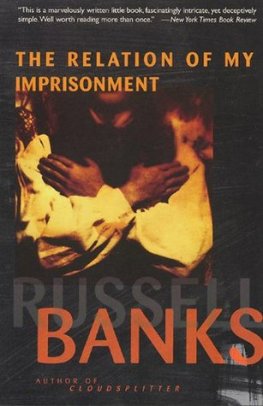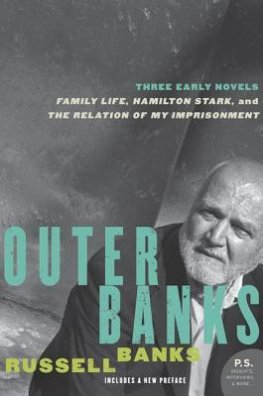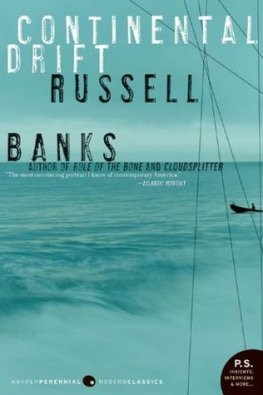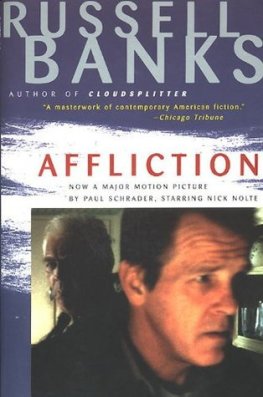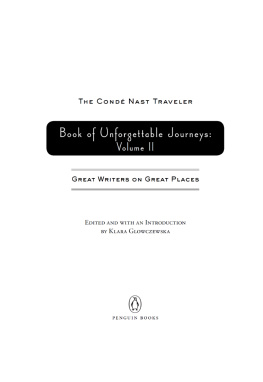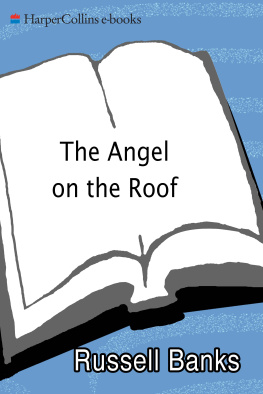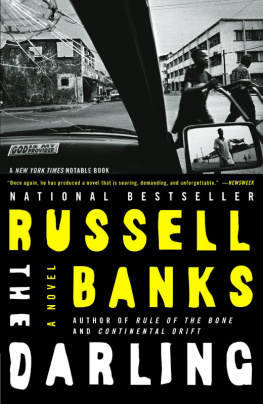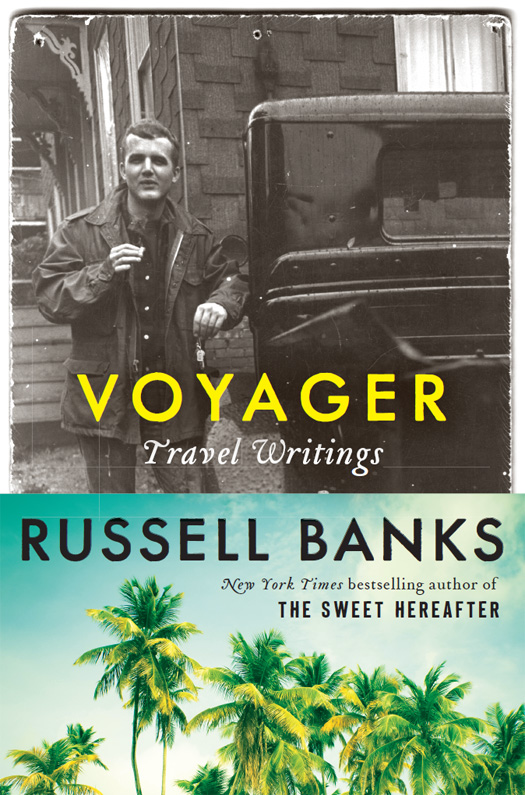Early versions of some of these writings were previously published in the following magazines and journals: Brick, Cond Nast Traveler, Conjunctions, Esquire, Mens Journal, National Geographic, and Natural History. The author is grateful to the editors of these publications, especially to Klara Glowczewska of Cond Nast Traveler.
A man whos been married four times has a lot of explaining to do. Perhaps especially a man in his mid-seventies from northern New England who has longed since boyhood for escape, for rejuvenation, for wealth untold, for erotic and narcotic and sybaritic fresh starts, for high romance, mystery, and intrigue, and who so often has turned those longings toward the Caribbean.
Why the Caribbean? Who can reliably say? Whether arriving as conquistador or castaway, as fugitive financier or packaged tourist or backpacking lonely planeteer, whether costumed as Ponce de Len or Robinson Crusoe or Errol Flynn or Robert Vesco or the little-known American writer bearing the name of Russell Banks, early on I got yanked by the bright green islands and turquoise seas of the Caribbean out of myself and home into high-definition dreams that I projected onto my larger world like a hologram. And while some of my dreams were innocent enough or merely naive, like Crusoes, and some reckless, like Flynns, all of them got broken and re-formed by the reality of the place and the people who lived there: Ponce got slain by the natives on a south Florida beach; Crusoe, meeting Friday, learned humanity and went home a better man; Flynn, sailing to Jamaica, stepped ashore as Captain Blood; Vesco, conning Fidel, died in jail for it. And Russell Banks, that little-known writer from New Englandits still unclear what broke and re-formed him there.
Its certain that something about the Caribbean draws Europeans and, especially, North Americans out of their accustomed lives. One rarely goes there solely to satisfy ones curiosity. Its not the semitropical winter climate and the white sands, eitheralthough thats the usual explanation. Thats whats advertised. And its not the myth of long-delayed, long-desired release from puritanical inhibitions. Also much promoted. One travels to the Antilles driven by vague desires, mostly unexamined, rarely named, never advertised. One goes like a bee to a blossom, as if drawn by some powerful image of prelapsarian beauty and innocence, where life as one has grown used to it at homepolluted and corrupt and cold and erotically constricted and darkhas somehow been kept from the garden. One likes to believe that in the Caribbean there are no snakes. The few found there surely came from elsewhere, isolatos, outliers from the north carried by tourists in their luggage.
I was no different. For years I, too, traveled to the Caribbean drawn by unexamined, unnamed desires, until in the late 1970s, still a young man, disillusioned by the poverty and corruption, and embarrassed and angered by what I viewed as my governments unwillingness to accept responsibility for both, and chagrined by my fellow American tourists, who were arriving in growing numbers in packaged and cruise-shipped hordes, and humbled by my inability to cross the racial and economic and cultural barriers that fenced me in and out, after a half-dozen island-hopping tours and eighteen months of living in rural Jamaica with my second wife, Christine, and our three daughters, I finally packed our bags, and we returned home to New Englandfor good, I believedwhere I tried to stop dreaming up the Caribbean.
But it wasnt that easy. I thought when I got home that I had wakened, but in my dreams I kept remembering the sharp clarity of the light, the overwhelming intensity of the landscape, the smell of a wood cook-fire in a country village, the sense-surrounding passion and brilliance of Caribbean music and speech. I remembered the excitement of learning to love a people and place not remotely my own and the stupefying wonder of colliding with a cultural and racial and geographic otherness so extreme that, no matter how hard and honorably I tried to penetrate it, I was left exhausted and confused and excluded. And alone. Especially that. As if I had finally discovered there the meaning and permanence of solitude. Not just my solitude, but everyones.
One night in Jamaica I sat by a window in a Port Antonio rooming house that overlooked the silver moonlit bay below, listening to the palm trees chatter in the evening breeze. Fifty miles away, in a country village called Anchovy on the other side of the island, Christine and our three daughters were asleep in our rented house. I was studying scattered dots of light in the jungle-covered hillside that danced their way from the bay up the silhouetted side of the volcanic mountain behind me. I wondered idly if the yellow lights were firefliesthen suddenly realized that those lights are homes, you idiot, homes, where real people live out their real lives, hundreds of tiny, one-room, tin-roofed cinder-block and daub-and-wattle cabins lit by candles and smoky kerosene lamps, where men and women and children are living in a reality utterly unlike my own, a world just as subjective as mine, but infinitely more difficult and punishing, their lives and dreams putting the ease and luxury of mine to shame. In the end their inner lives and dreams were for me unknowable. Perhaps it had always been so, but somehow at that moment my own inner life and my own dreams became unknowable. As if they belonged to someone else. As if they were a strangers, and I myself had none of my own.
Afterward, back in the United States, my scattered, fragmented memories slowly over the years began to attach to one another and coalesce into a narrative. When Christine and I lived in Jamaica, after years of unraveling and raveling, the sexual and political and social and economic ties and our shared love for our daughters that for more than a decade had bound us in marriage somehow at last came completely and permanently undone. We did not intend or wish for it, at the time we barely noticed it, and for long afterward neither of us could say how or why it happened.
Narratives based solely on fading, vested memories, i.e., memoirs, are unreliable and tend to be self-serving projections anyhow. To bend, distort, and reshape those memories, hoping to make them into a coherent account I could trust, and expecting in that way both to learn and tell myself the truth of what had destroyed Christines and my marriage, I wrote and published a book. It was called The Book of Jamaicaa novel, I insisted, not a memoir. Set in Jamaica, it was about a white American man, a university professor more than a little like the author, married to a woman more than a little like the authors wife.
Reliably narrated or not, in both the reader and the writer fictions engender desire. Its a paradox, counterintuitive, perhaps; but while an honorable, artistically ambitious, well-constructed work of fiction usually provides resolution, it doesnt necessarily satisfy or erase ones desire for a solution. When a novel or a story succeeds in penetrating a mystery, it proceeds at once to raise a further, deeper mystery. In answering one question, it asks a more difficult question that otherwise would never have been raised. For a long time I ignored or simply denied the existence of any mystery beyond the dissolution of my second marriageas fictionalized in

